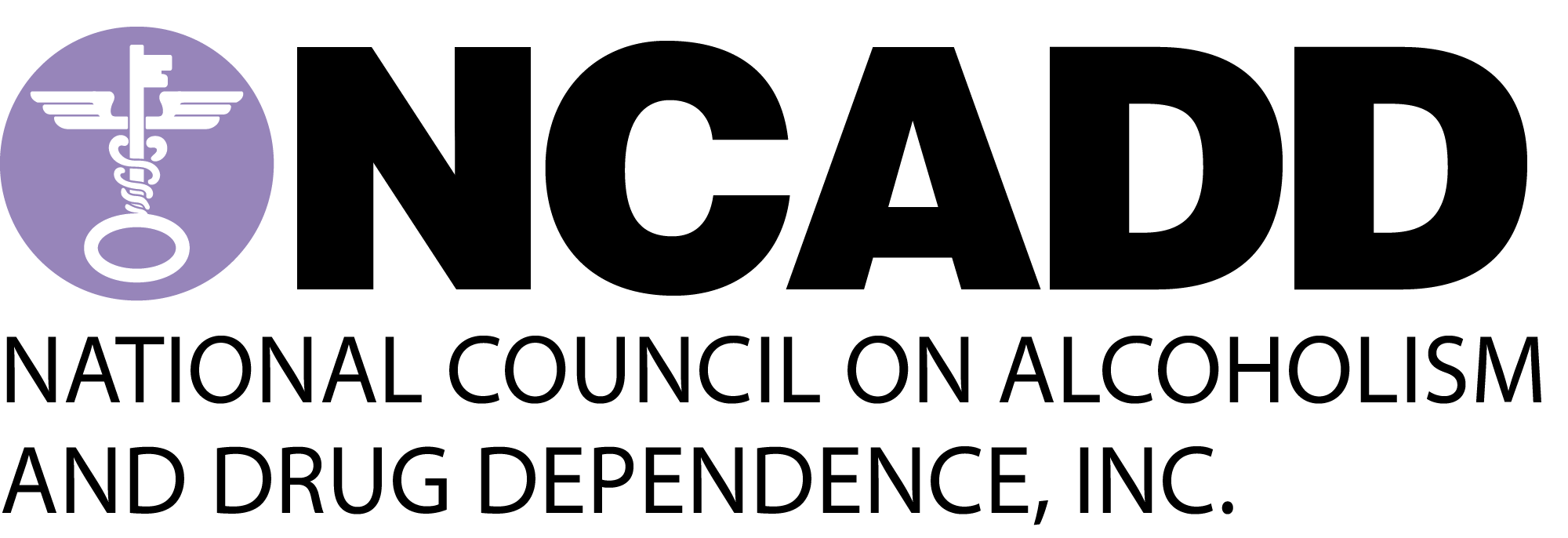People in Recovery
What is Recovery?
The Substance Abuse and Mental Health Administration (SAMHSA) offers this definition: “A process of change through which individuals improve their health and wellness, live a self-directed life, and strive to reach their full potential.” SAMHSA articulates twelve “Guiding Principles of Recovery”:- There are many pathways to recovery.
- Recovery is self-directed and empowering.
- Recovery involves a personal recognition of the need for change and transformation.
- Recovery is holistic.
- Recovery has cultural dimensions.
- Recovery exists on a continuum of improved health and wellness.
- Recovery is supported by peers and allies.
- Recovery emerges from hope and gratitude.
- Recovery involves a process of healing and self-redefinition.
- Recovery involves addressing discrimination and transcending shame and stigma.
- Recovery involves (re)joining and (re)building a life in the community.
- Recovery is a reality. It can, will, and does happen.
AA: Pioneering the Twelve Steps of Self-Help
Alcoholics Anonymous (AA), established in 1935 by Bill W. (William Griffith Wilson) and Dr. Bob (Robert Holbrook Smith) in New York and Ohio stands as an example of self-help or support groups. AA is currently available in over 180 countries with more than 123,000 groups and an estimated membership of over two million. AA literature has been translated into over 100 languages.
How It Works
Meetings within these support groups typically follow a standardized structure, where members share their personal stories, including their background and experiences within the program. This sharing is often followed by other members sharing their own stories and experiences, creating a sense of community and connection among group members.
Support groups prove invaluable not only in maintaining sobriety but also as a sanctuary for seeking support and navigating challenges. Connecting with individuals who intimately understand one’s struggles can alleviate feelings of isolation, fear, and despair. With a support network to lean on, staying motivated and positive becomes markedly more feasible.
Members of recovery groups are individuals of all races and religions – admission simply depends on the acknowledgment of a problem spiraling out of control and a desire for assistance. Meetings are freely accessible, with no prerequisites beyond the intent to recover. Some groups offer “open” gatherings, welcoming all, while others operate on a “closed” basis, exclusively for those committed to overcoming their specific addiction or behavior.
Research consistently underscores the pivotal role of active participation in self-help support groups, substantially enhancing prospects for sustained recovery. These free support networks exist in most communities, expanding across America’s villages and towns.
